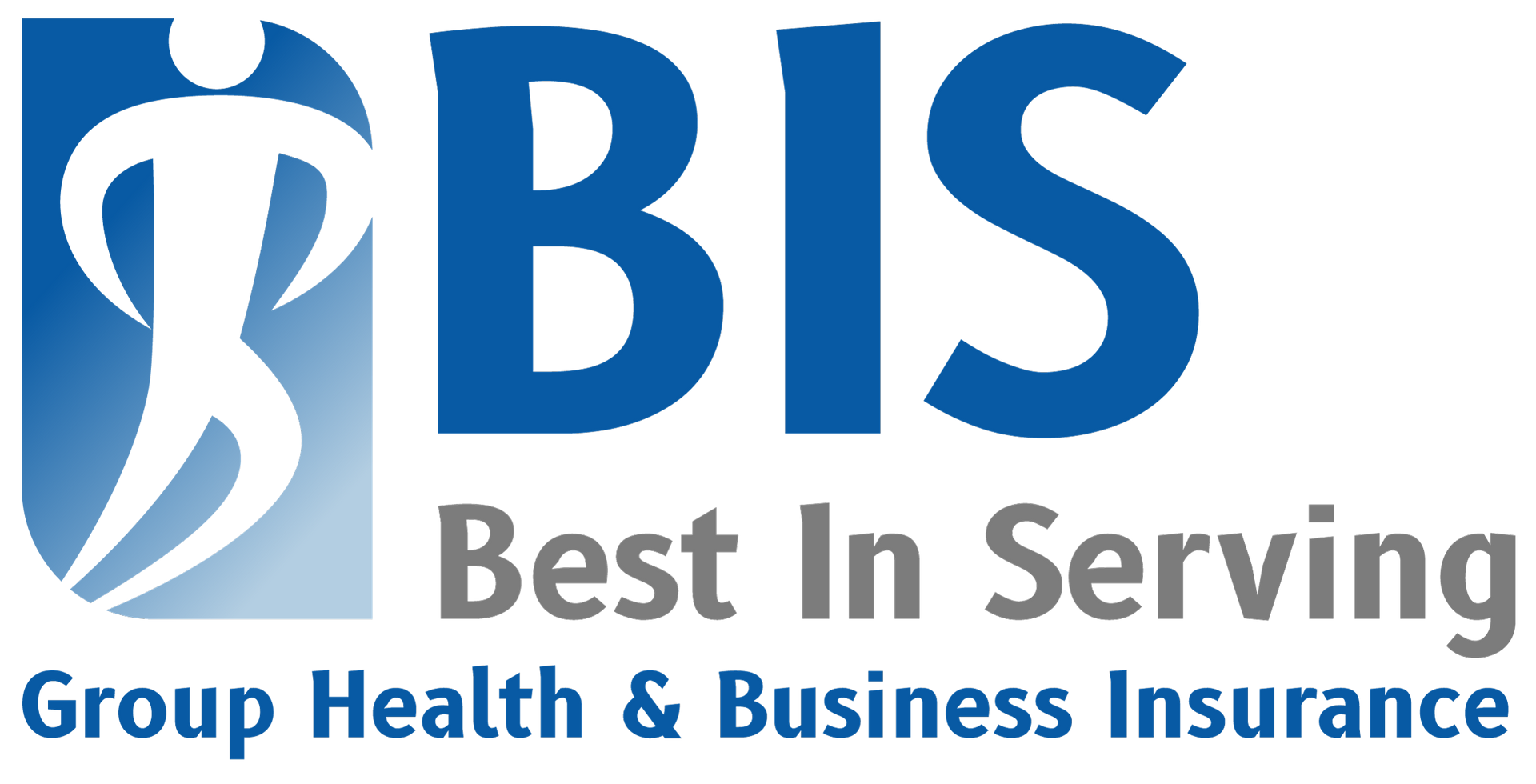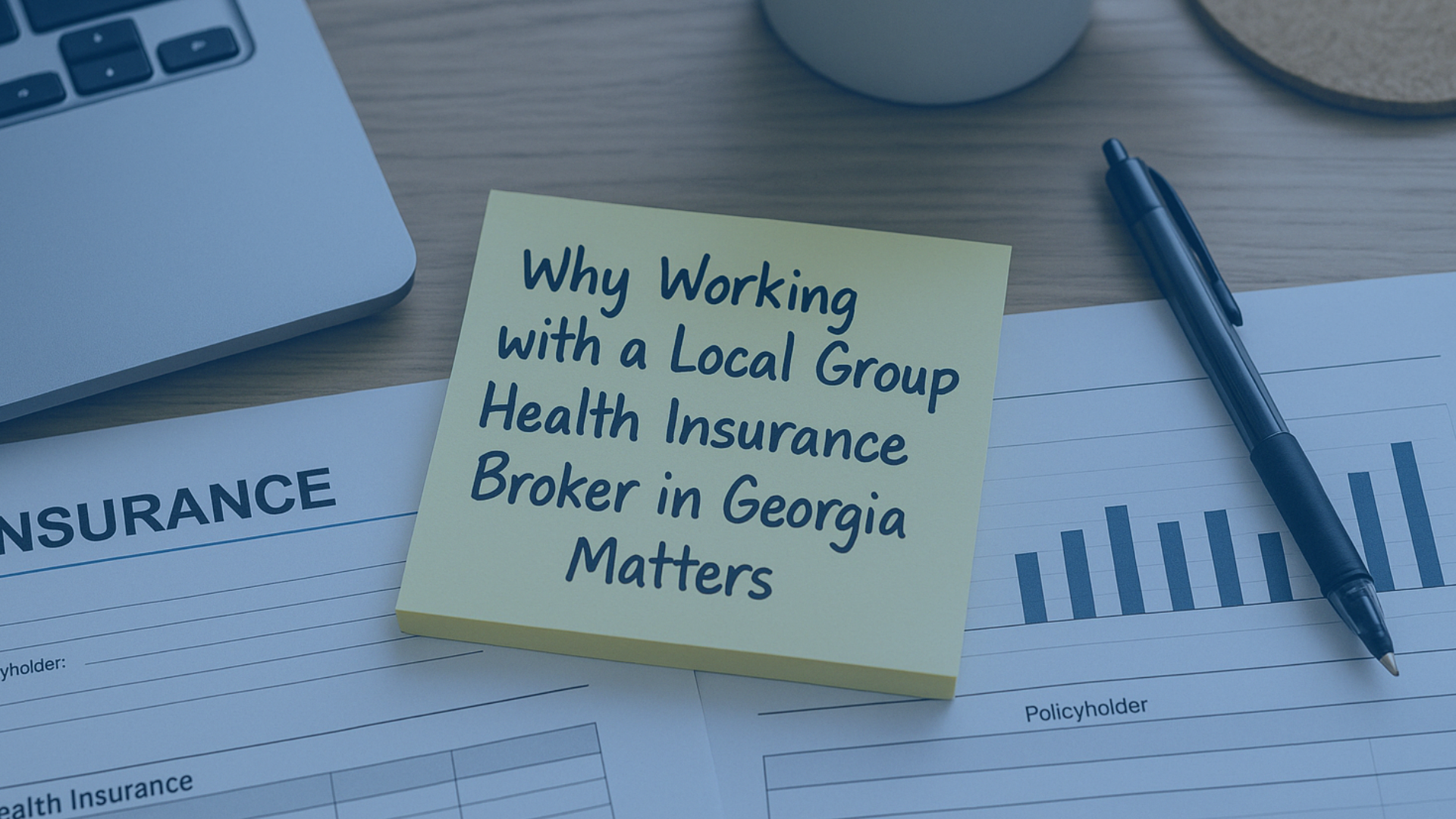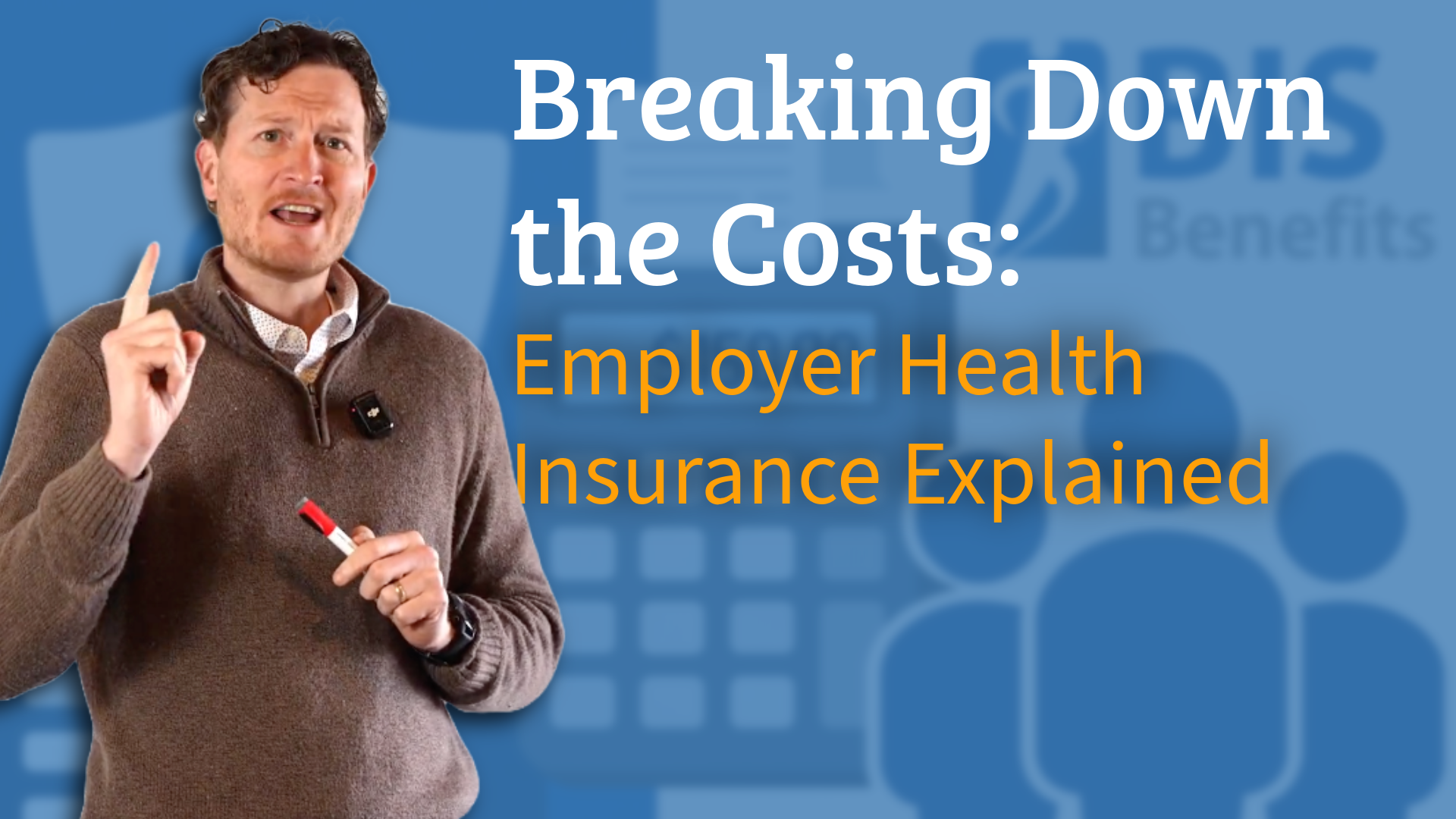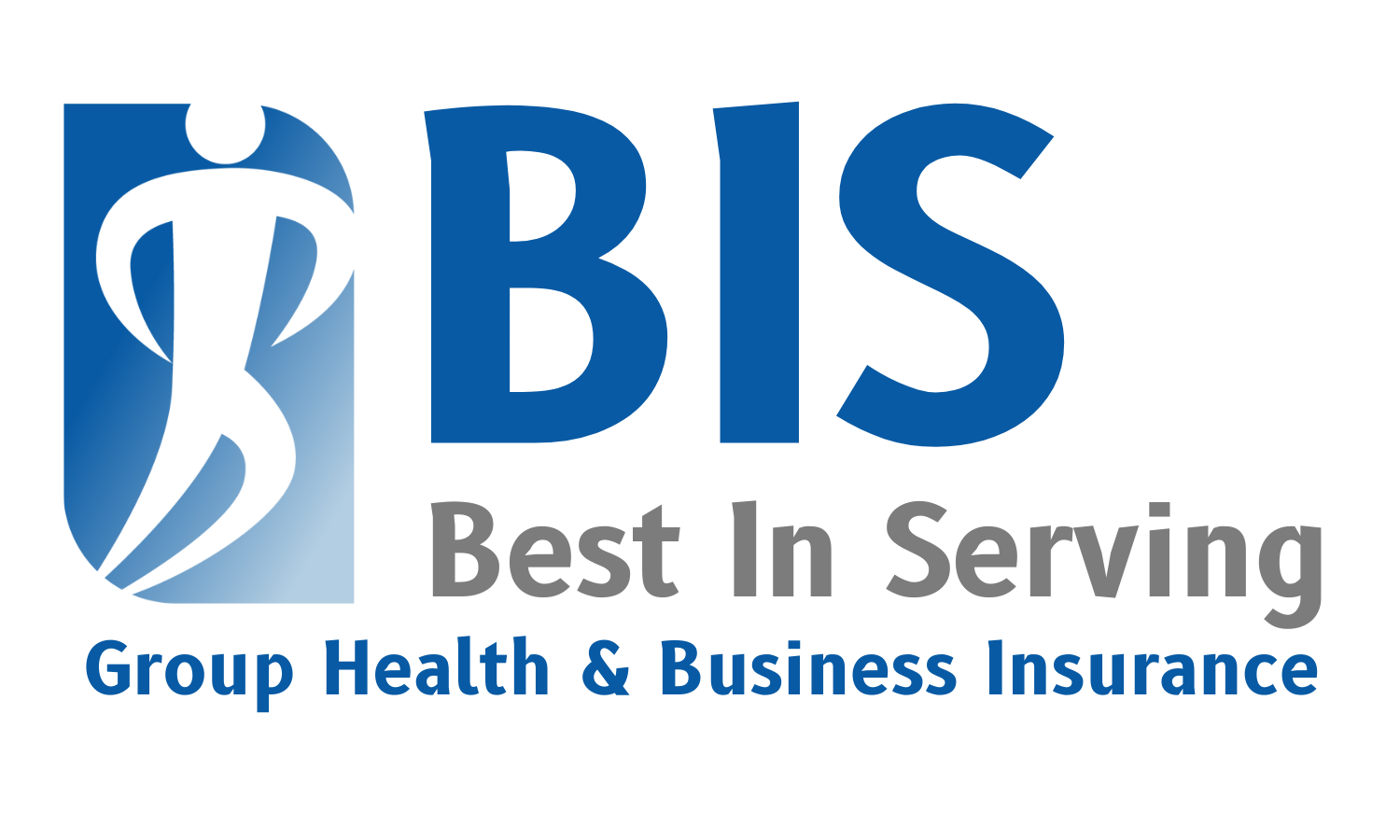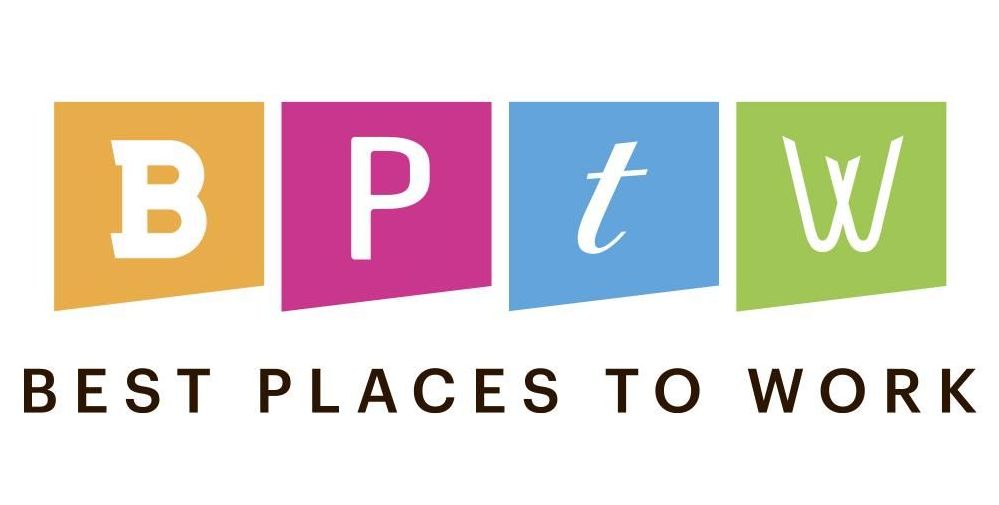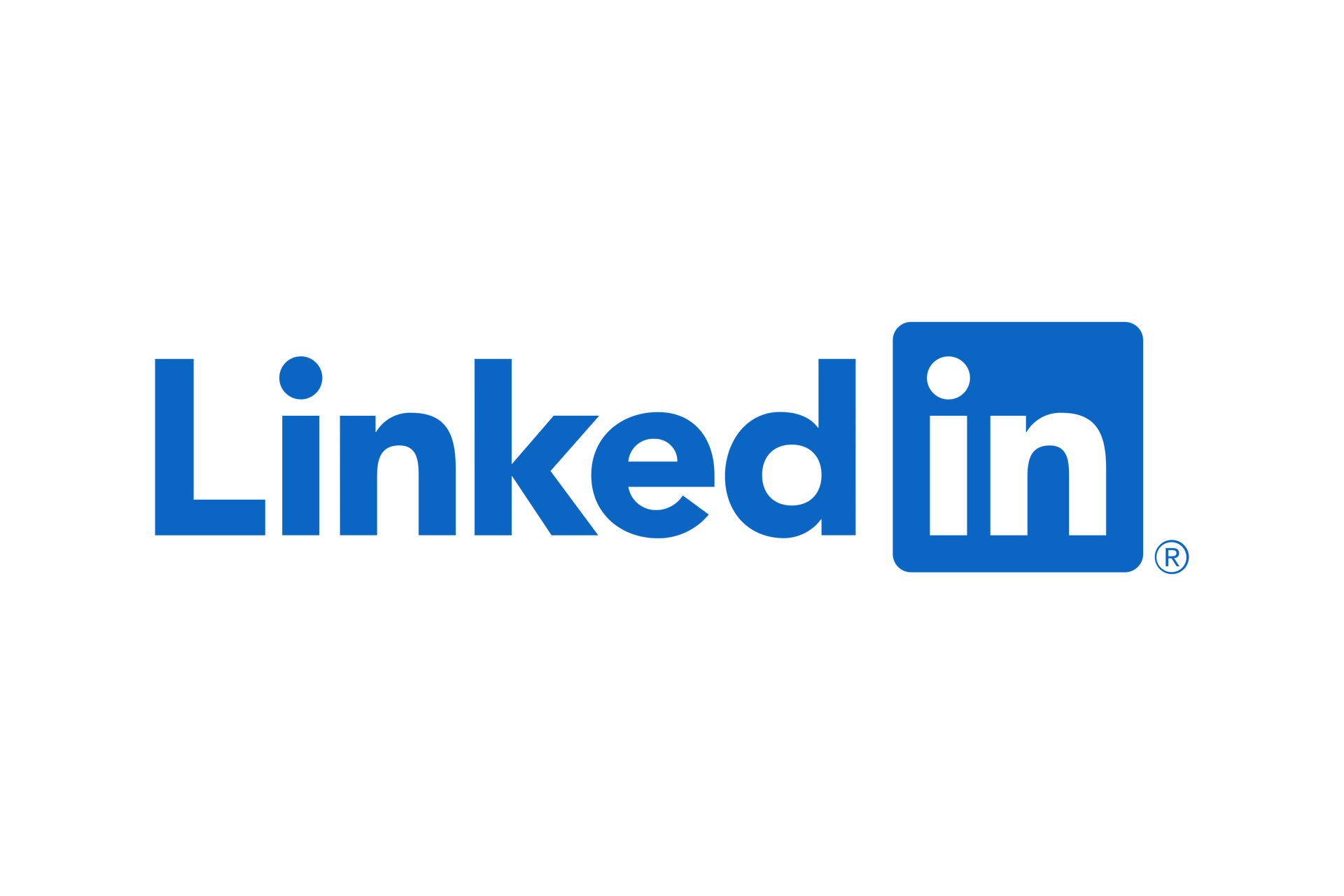How to Lower Commercial Auto Insurance Costs
Strategies to Lower Commercial Auto Insurance Costs in Georgia: A Guide for Business Owners
Commercial auto insurance is essential for Georgia businesses, but rising premiums pose challenges, especially in high-traffic areas like Metro Atlanta. This guide offers actionable insights for managing and reducing commercial auto insurance costs while maintaining comprehensive protection. From HR policy adjustments to leveraging technology and working with an independent broker, discover the strategies that can keep your insurance affordable without compromising on coverage.
Why Are Commercial Auto Insurance Rates Rising?
Understanding why insurance costs are increasing can help you better manage expenses and anticipate future rate changes. Here are some key drivers:
Inflation and Economic Pressures: Across industries, inflation has driven up costs, and the insurance sector is no exception. Higher prices for vehicle repairs and medical expenses from accidents contribute to increased claim payouts, which ultimately affect premiums.
Growing Population and Traffic Density: Metro Atlanta’s population surge has led to more vehicles on the road, heightening the risk of accidents. Insurance companies adjust premiums to account for this added risk, particularly in areas with dense traffic.
Frequent Claims and Legal Costs: Georgia’s high rate of auto-related claims and litigation also contributes to rising premiums. Businesses in fleet-heavy industries, such as construction or delivery, are especially impacted by frequent claims and increased legal expenses.
To understand how other types of coverage can protect your business, check out our
Georgia Workers’ Compensation Requirements page.
Essential Strategies to Lower Your Commercial Auto Insurance Costs
1. Implement HR Policies Focused on Driver Screening
Setting clear HR policies around driver records is one of the simplest, yet most effective, strategies to reduce insurance premiums. Businesses can reduce accident risks by hiring drivers with clean driving histories and clearly defined standards on issues such as speeding or DUI offenses. Establishing these requirements as part of your hiring and onboarding process sets expectations early, helping to maintain a safer fleet and lower claim likelihood.
For more on managing employee risks, our What Is Employer Liability Insurance? article outlines additional strategies to protect your business.
2. Leverage Technology to Improve Safety and Accountability
Investing in fleet technology can help businesses prevent accidents and reduce premiums. Common options include:
- GPS Tracking: This provides real-time location tracking, enabling companies to monitor routes and discourage risky driving.
- Dashboard Cameras: Cameras record driving events, which can deter reckless driving behaviors and serve as critical evidence in case of an accident.
Some insurers even offer discounts to companies using technology to improve fleet safety, so consider discussing these options with your provider.
If you’re interested in exploring a full suite of insurance solutions that include fleet management, visit our Commercial Insurance Services page.
3. Work with an Independent Broker to Access Competitive Rates
Independent brokers offer businesses access to multiple carriers and can shop for the most competitive rates. Unlike single-carrier agents, brokers can assess coverage across different providers, ensuring you have options that fit your budget and needs. Brokers like BIS Benefits can also negotiate customized policy terms, often achieving better results for clients than direct carriers.
If you’re considering making the switch, learn more with our article on
How to Change Insurance Brokers.
Exploring Additional Coverage Options for Comprehensive Protection
Meeting Georgia’s minimum commercial auto insurance requirements is essential, but additional coverage options can be wise investments:
- Collision Coverage: Pays for repair costs if your business vehicle is damaged in an accident.
- Comprehensive Coverage: Protects against damages from non-collision events like fire, theft, or vandalism.
- Uninsured Motorist Coverage: Covers expenses if an accident involves an uninsured driver, which can be particularly helpful in states with high rates of uninsured motorists.
For more guidance on what’s necessary for your industry, visit our page on Georgia Workers’ Compensation Requirements, which can complement your auto policy with other necessary protections.
Practical Tips for Reducing Premiums Through Policy Adjustments
Here are some straightforward steps to control premium costs:
- Choose Higher Deductibles: Selecting a higher deductible can reduce premium costs, as you’re taking on a larger portion of the risk.
- Limit Coverage on Older Vehicles: Older vehicles may not require full coverage. Review your fleet periodically to ensure you’re not over-insuring lower-value vehicles.
- Annual Policy Reviews: Reviewing your policy annually or ahead of renewal periods allows you to evaluate any premium changes and make necessary adjustments in advance.
Final Thoughts: Take Proactive Steps to Control Costs
While rising commercial auto insurance rates present challenges, proactive strategies can help businesses reduce their premiums. By implementing HR policies focused on driver safety, investing in fleet technology, and working with an independent broker, Georgia businesses can maintain optimal coverage without breaking the bank.
For a customized approach to commercial auto insurance, reach out to BIS Benefits today. Our team is ready to help you explore competitive rates and solutions that meet your specific business needs.
